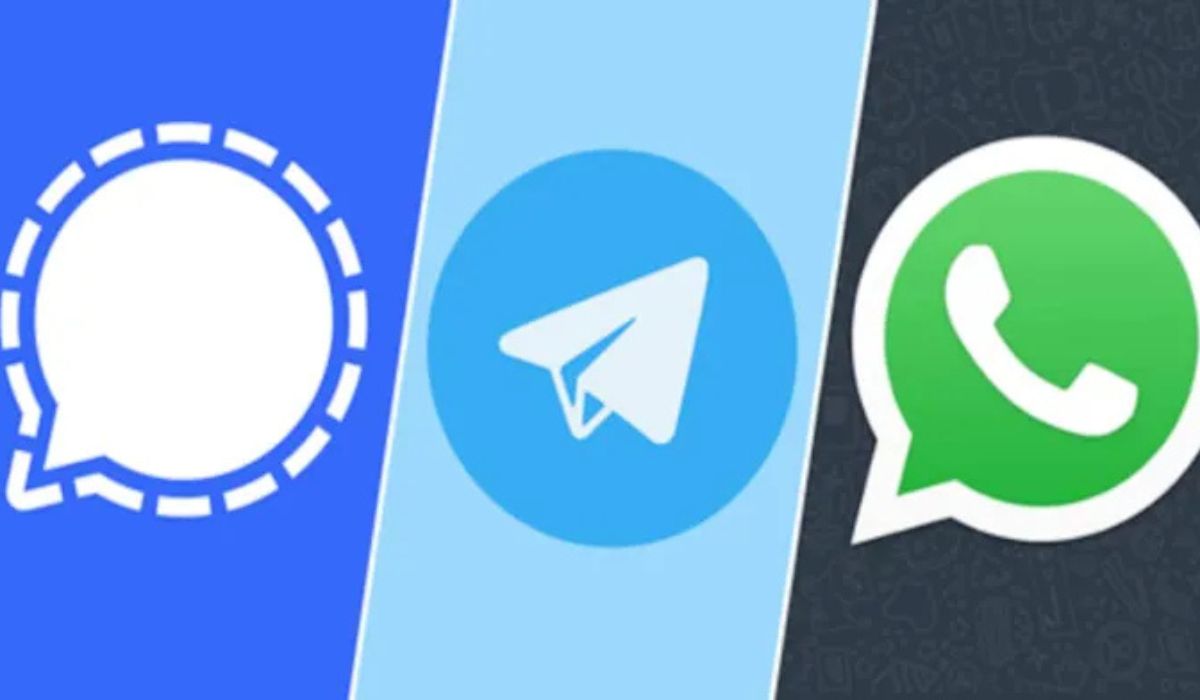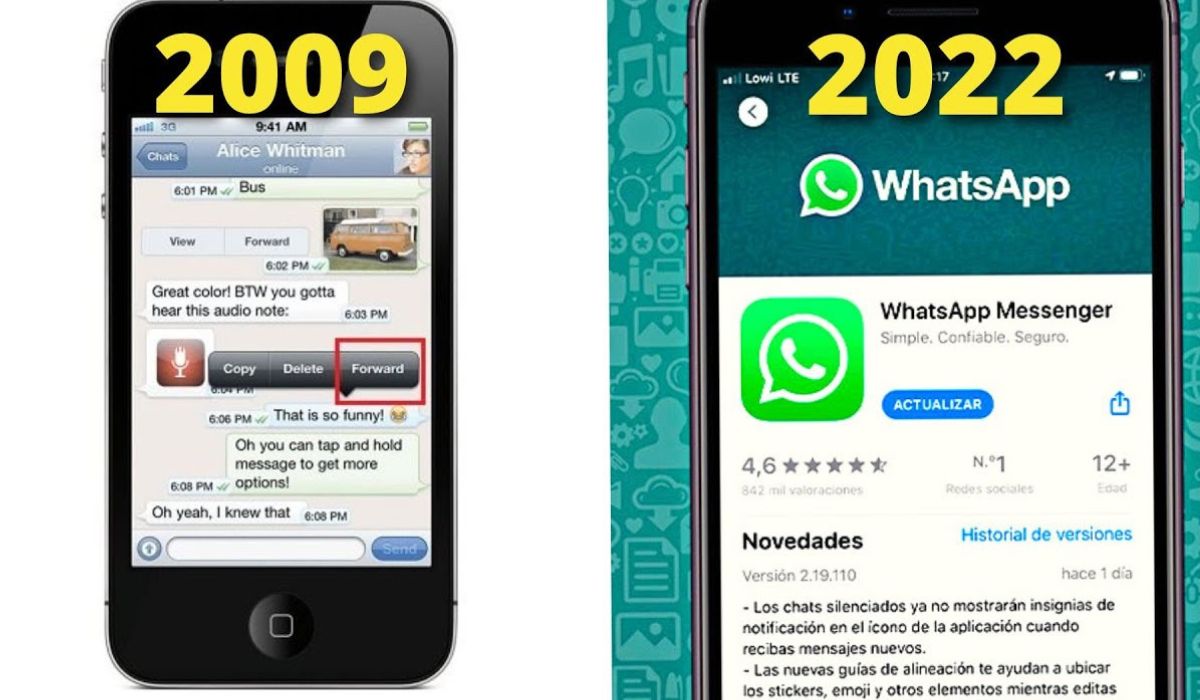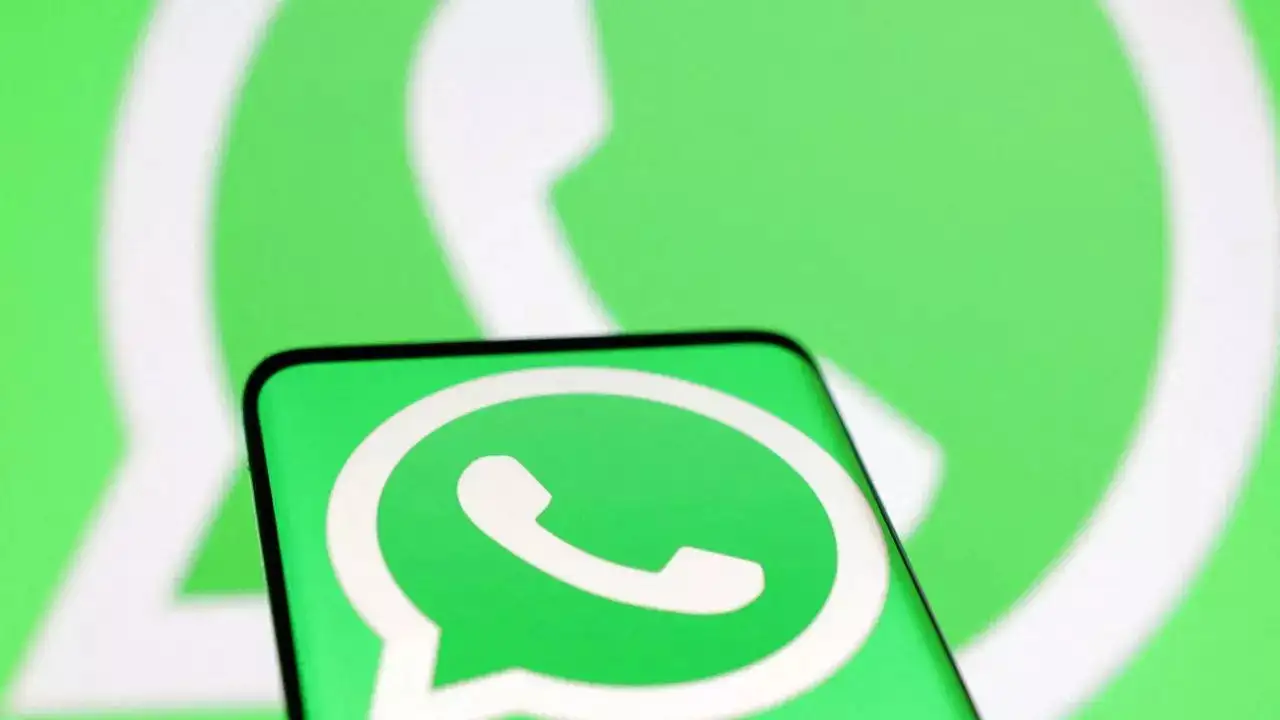In 2025, messaging apps are no longer just tools to chat—they’re ecosystems.
Your choice of app affects how you connect, how secure your data is, and how private your life stays. WhatsApp, Telegram, and Signal are still the top three contenders, but each serves a different kind of user.
So, which one comes out on top in 2025? Let’s break it down by what actually matters.
1. Privacy and Security
- Encryption: End-to-end by default, using the Signal Protocol.
- Meta’s Shadow: Owned by Meta (formerly Facebook), which doesn’t have the best privacy reputation.
- Metadata: Collects a lot—who you talk to, when, for how long—even if it can’t read the messages.
Telegram
- Encryption: Cloud chats are not end-to-end encrypted by default. You must start a “Secret Chat” to get full encryption.
- Servers: Messages are stored on Telegram’s servers unless secret chats are used.
- Privacy stance: Better than WhatsApp’s parent company, but still centralized and not fully open-source.
Signal
- Encryption: End-to-end by default, for everything.
- Metadata: Collects virtually nothing. It doesn’t even store who you talked to.
- Funding: Non-profit, runs on donations. No ads, no tracking, no data mining.
🟩 Winner: Signal – Most secure and private by far.
2. Features and Usability
- Interface: Clean, intuitive, familiar to billions.
- Features: Disappearing messages, view-once media, status updates, multi-device support, WhatsApp Communities, payments (in select countries).
- Voice/Video: High-quality and reliable. Group video calls supported.
Telegram
- Interface: Sleek and customizable (themes, chat folders, bots).
- Features: Massive groups (200K+), channels, bots, polls, reactions, scheduled messages, cloud storage, username handles.
- Voice/Video: Group video and voice chats with screen sharing.
Signal
- Interface: Simple, but limited in customization.
- Features: Focused on privacy—sealed sender, disappearing messages, screen security, blur faces in photos.
- Voice/Video: Strong quality but lacks advanced group features.
🟩 Winner: Telegram – Best features, especially for power users and communities.
3. Popularity and Network Effect
- Global reach: Over 2 billion users worldwide.
- Effect: If you want to reach anyone—friends, family, coworkers—they’re probably on WhatsApp.
Telegram
- User base: Around 900 million and growing fast, especially in countries where WhatsApp is restricted or distrusted.
- Cult following: Popular with crypto communities, journalists, and tech-savvy users.
Signal
- User base: Much smaller (~50-60 million), mainly privacy-conscious users.
- Growth spikes: Usually jumps when privacy scandals hit Meta or WhatsApp.
🟩 Winner: WhatsApp – The people’s choice, whether we like it or not.
4. Business Use
- Tools: WhatsApp Business App and API for customer service, catalogs, auto-replies.
- Adoption: Used widely in retail, services, and even banking in some countries.
- Cost: Free for small businesses, paid tiers for larger scale.
Telegram
- Tools: Bots and channels used for marketing, announcements, and customer interaction.
- E-commerce friendly: Not as direct as WhatsApp, but flexible for communities.
Signal
- Tools: Minimal to none. It’s not built for businesses, and it shows.
🟩 Winner: WhatsApp – Clear business focus and infrastructure.
5. Final Verdict: Which App Wins in 2025?
| Category | Winner |
|---|---|
| Privacy & Security | Signal |
| Features & UX | Telegram |
| Popularity | |
| Business Use |
If we’re choosing a single winner, it depends on what “winning” means:
- For privacy purists: Signal
- For feature lovers and communities: Telegram
- For most people and businesses: WhatsApp
🔥 2025 Takeaway:
Telegram is the most versatile app overall in 2025. It gives you powerful tools without giving away your data (as much). But WhatsApp still dominates the market, and Signal remains the gold standard for privacy.
Use one? Use two? Use all three? Just make sure you know what you’re trading in exchange for convenience.




